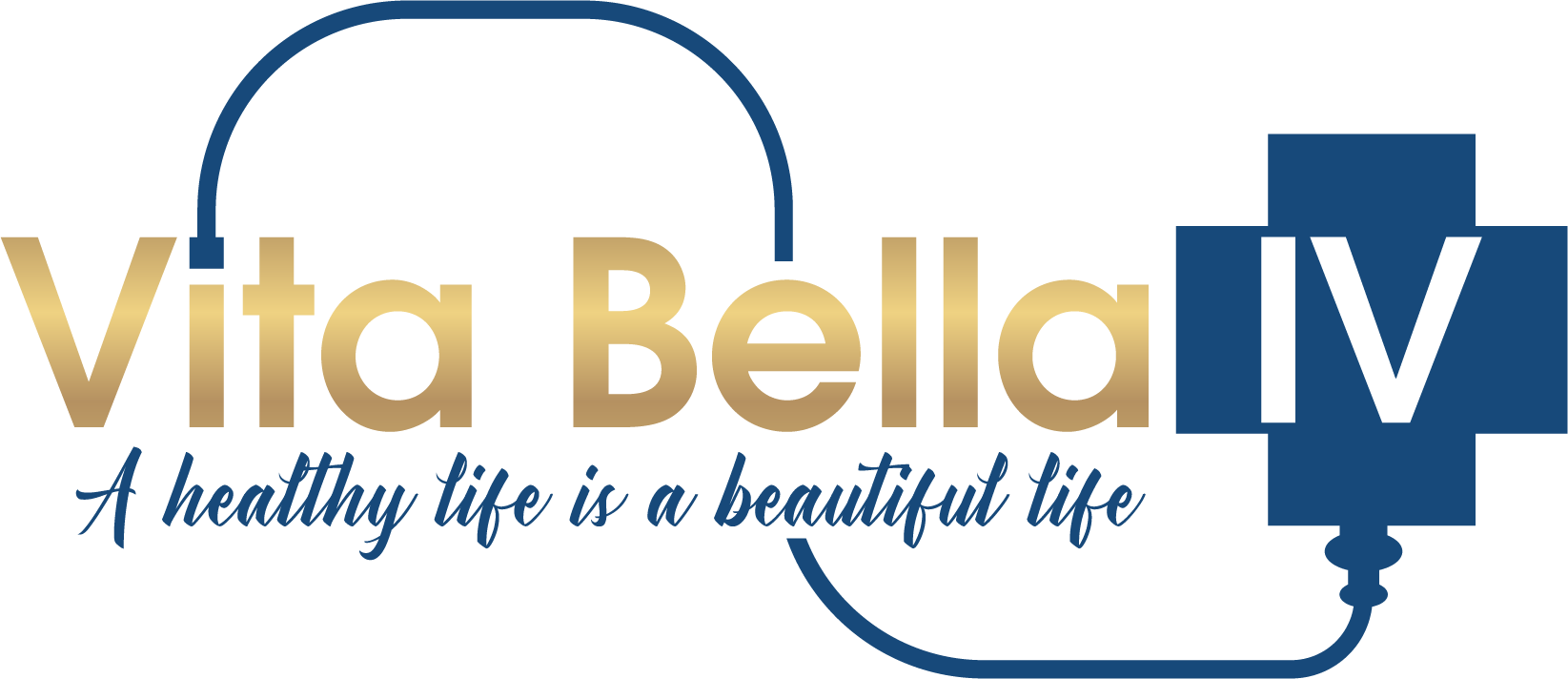When you’re pregnant, your body undergoes significant changes, and staying hydrated and nourished is more important than ever. As a result, some expectant mothers turn to IV therapy for hydration, nutrition, and symptom relief. But is IV therapy safe during pregnancy? In this blog, we’ll take a look at the potential benefits and risks, what you should consider, and how to determine whether it’s the right option for you.
What is IV Therapy?
IV (intravenous) therapy involves the administration of fluids, vitamins, minerals, and medications directly into the bloodstream through a needle. This method allows nutrients and fluids to be absorbed quickly, bypassing the digestive system. IV therapy is commonly used for hydration, boosting energy, replenishing electrolytes, and delivering specific nutrients like vitamins and antioxidants.
Why Would Pregnant Women Consider IV Therapy?
During pregnancy, your body requires more water, nutrients, and electrolytes to support both your health and your growing baby. Some common reasons why pregnant women might consider IV therapy include:
-
Morning Sickness: Nausea and vomiting during pregnancy can lead to dehydration and an inability to keep food or fluids down. IV hydration can help replenish lost fluids and electrolytes quickly.
-
Dehydration: Pregnancy can increase the need for hydration, especially if you’re experiencing hot weather, increased physical activity, or health conditions like fever or diarrhea. IV fluids can provide immediate relief and help restore balance.
-
Vitamin Deficiencies: Certain vitamins and minerals, such as iron, folate, and B vitamins, play an essential role in pregnancy. If you’re not getting enough of these through diet or supplements, IV therapy can provide a more direct and efficient way to replenish them.
-
Fatigue and Low Energy: Pregnancy can often leave you feeling exhausted, especially in the first and third trimesters. IV therapy, with added nutrients and vitamins, may help boost your energy levels.
Is IV Therapy Safe During Pregnancy?
When performed by a medical professional, IV therapy is generally considered safe for pregnant women. However, it’s essential to consult with your healthcare provider before undergoing any form of IV treatment. Your doctor will assess your individual needs and ensure that the therapy is appropriate for your specific condition.
That said, there are a few things to keep in mind:
-
Hydration Needs: IV fluids can be an effective way to rehydrate, especially if you’re experiencing dehydration from vomiting or diarrhea. However, it’s important that the IV fluid is carefully selected. A solution with the right electrolyte balance is critical to avoid disrupting your body’s natural balance.
-
Vitamins and Supplements: Some IV treatments are designed to deliver high doses of certain vitamins, like vitamin C or B12, which can be helpful during pregnancy if you’re deficient. However, excessive doses of certain vitamins or minerals can be harmful. For example, too much vitamin A during pregnancy has been associated with birth defects, and excessive iron can lead to complications. Always check with your doctor before opting for a vitamin-infused IV.
-
Allergic Reactions: As with any treatment, there’s a risk of allergic reactions. Pregnant women have more sensitive bodies, so it’s essential to make sure that the IV solutions you receive are free of any substances that could trigger an allergic response.
Possible Risks of IV Therapy During Pregnancy
While rare, there are a few risks associated with IV therapy during pregnancy:
-
Infection: As with any procedure that involves a needle or catheter, there’s a risk of infection. It’s important that the IV is administered in a sterile and controlled environment by a licensed healthcare provider.
-
Fluid Overload: In rare cases, receiving too much fluid at once can lead to fluid overload, which can increase the burden on your kidneys or cause swelling. This is why it’s important to receive IV therapy under medical supervision.
-
Unregulated Clinics: Not all IV therapy providers are created equal. Some mobile IV therapy clinics or spas may not have the appropriate medical staff or oversight to administer IV therapy safely to pregnant women. Always ensure that you seek care from a certified medical professional.
When to Consider IV Therapy During Pregnancy
If you’re dealing with dehydration, fatigue, or vitamin deficiencies that cannot be corrected through oral supplements or diet, IV therapy may be a helpful option. However, it should always be viewed as a supplement to your overall prenatal care, not a replacement for regular prenatal vitamins or healthy eating.
If you’re considering IV therapy, here are some situations when it may be beneficial:
- Persistent morning sickness or vomiting
- Severe dehydration due to fever, hot weather, or gastrointestinal issues
- Low energy levels or extreme fatigue that isn’t relieved by rest
- Difficulty taking oral medications or supplements
Conclusion
IV therapy can be a safe and effective way for pregnant women to address dehydration, vitamin deficiencies, and other symptoms, but it should always be approached with caution and under the guidance of a healthcare provider. It’s essential to discuss the potential benefits and risks with your doctor before undergoing IV therapy to ensure that it’s the right choice for you and your baby.
As always, your prenatal care should prioritize healthy eating, hydration, and the appropriate use of supplements. If you’re considering IV therapy, make sure you’re working with a certified medical professional who can customize the treatment to meet your specific needs during pregnancy.







